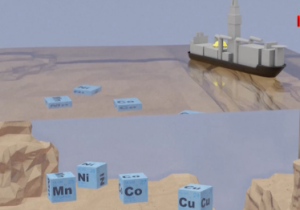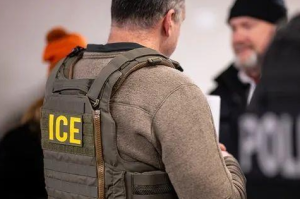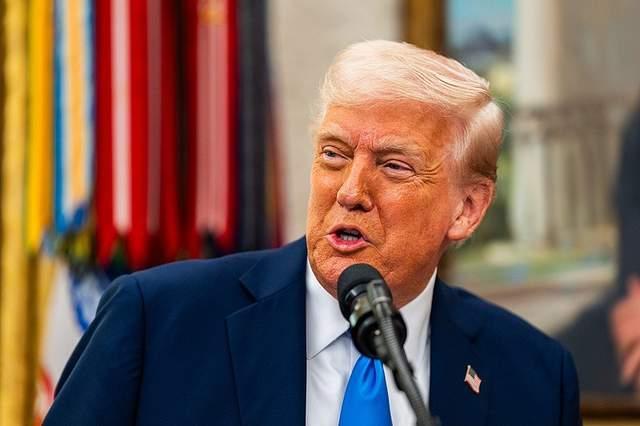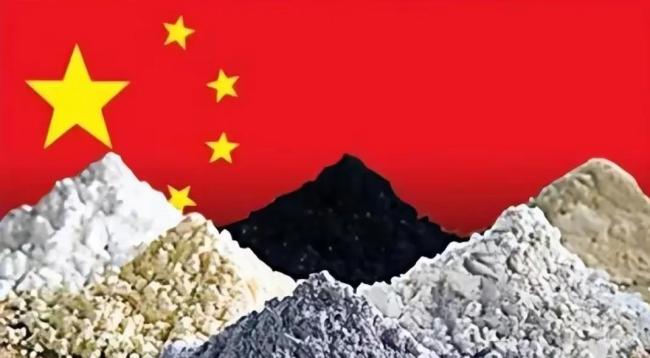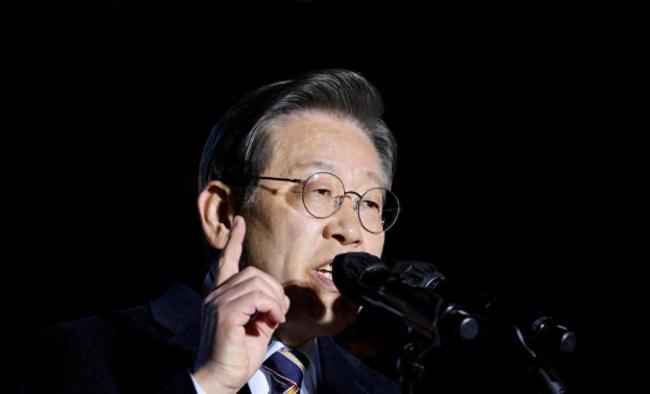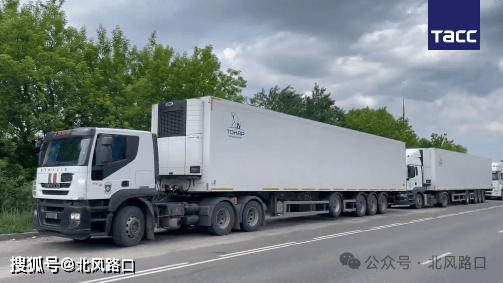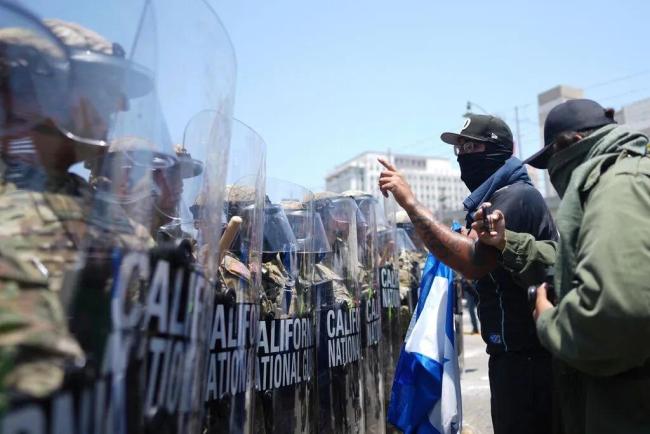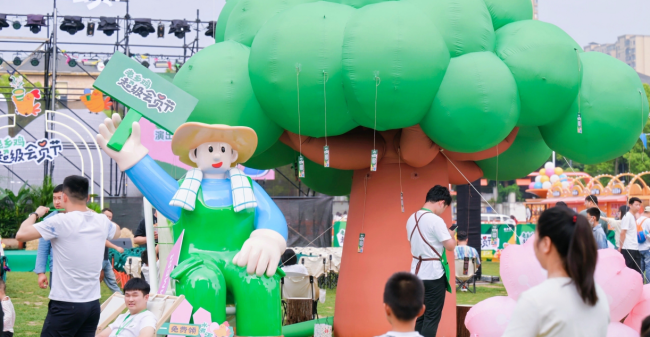美議院通過"支持香港暴力法案"?CNN都看不過眼了(4)
綜上,,這群不敢親自踏足香港的美國議員隨意張口通過的“人權(quán)”法案,,到底在“庇護(hù)”一群什么樣的人呢?
幾位CNN記者造訪了被示威者當(dāng)作基地的香港理工大學(xué),,并記錄下自己的見聞:
校園環(huán)境堪憂——
“Atop one of the campus‘ entrances,, there was a noticeable stench of smoldering rubbish and petrol that burned the nose?!?/p>
“在校園的一個(gè)入口處,,有一股明顯的垃圾和汽油的臭味,十分刺鼻,?!?/p>
遍地汽油彈瓶子——
“Thousands of unused petrol bombs littered the campus on the path to the canteen, which had become something of a main headquarters for the protesters,?!?/p>
“數(shù)千枚未使用的汽油彈散落在通往食堂的道路上,這里已經(jīng)成為抗議者的主要基地,?!?/p>
記者上午十一點(diǎn)半到訪有留守者還在睡——
“Only about 50 or so protesters were inside when CNN visited。 Some slept while others looked aimlessly at their phones,?!?/p>
“CNN到訪時(shí),只有大約50名抗議者在里面,。一些人在睡覺,,另一些人則漫無目的地看手機(jī)?!?/p>
在游泳池里練習(xí)拋擲汽油彈——
“Several tried to jump across a highway near the pool,, which had been emptied and used for Molotov cocktail-throwing practice。 ”
“一些人(為了出逃)試圖跳過一條高速公路,,臨近的游泳池已經(jīng)空了,,被用來練習(xí)扔汽油彈?!?/p>
校園里一片狼藉,,校園附近的公路、隧道和公共設(shè)施也被毀壞——
“They had used the PolyU campus as a base from which they launched operations to block nearby roads and the Cross-Harbour Tunnel which connects Kowloon to Hong Kong Island,?!?/p>
“他們以理大校園為基地,展開行動(dòng),堵截附近的道路和連接九龍與香港島的海底隧道,?!?/p>
記者還采訪了校園里一位負(fù)責(zé)醫(yī)療的志愿者,趙醫(yī)生,。這位醫(yī)生感慨,,香港警察不容易——
“They have been working under a lot of pressure these months?!?/p>
“這幾個(gè)月他們一直在很大的壓力下工作,。”
推薦閱讀
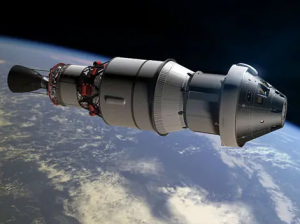
美國“獵戶座”飛船啟程回地球
新京報(bào)2022-12-06 15:55:52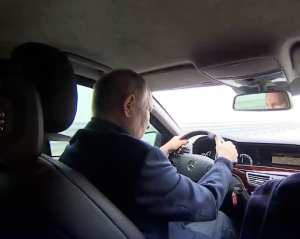
普京駕駛奔馳車視察克里米亞大橋引關(guān)注,,克宮回應(yīng)
環(huán)球網(wǎng)2022-12-06 15:34:30
歐元集團(tuán):歐元區(qū)今冬面臨技術(shù)性衰退風(fēng)險(xiǎn)
新京報(bào)2022-12-06 15:33:07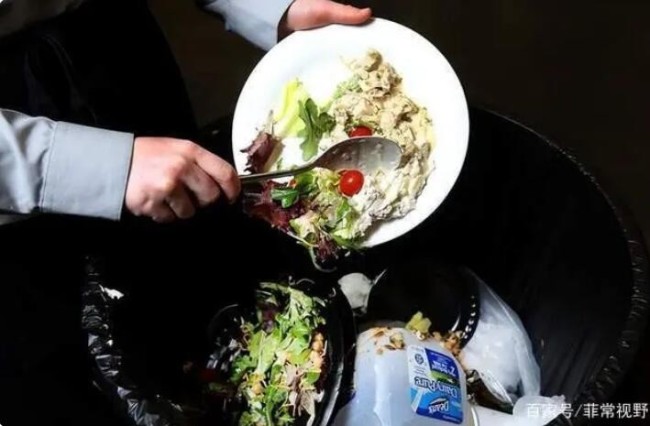
專家談外媒指責(zé)中國儲(chǔ)糧:別有用心 汪文斌的回應(yīng)有理有據(jù)
網(wǎng)易2022-12-06 13:29:55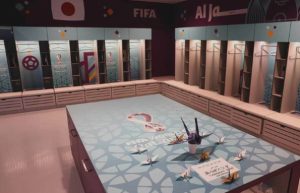
日本隊(duì)更衣室留下千紙鶴表示感謝 已成傳統(tǒng)保留項(xiàng)目
2022-12-06 15:10:30
美B-21轟炸機(jī)亮相 傳遞什么信號(hào) 印太地區(qū)局勢(shì)有變美國目標(biāo)曝光,!
環(huán)球網(wǎng)2022-12-06 10:05:57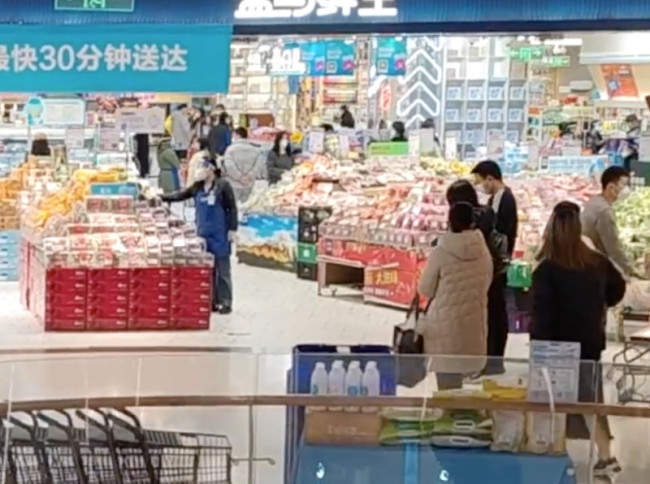
網(wǎng)友吐槽買瓶飲料都要下載APP:結(jié)賬只能二選一
2022-12-06 15:36:51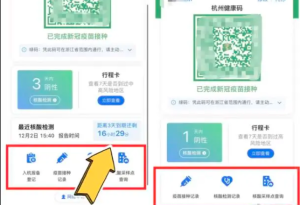
杭州健康碼取消核檢3天倒計(jì)時(shí) 入杭報(bào)備已下架暫停
2022-12-06 14:59:42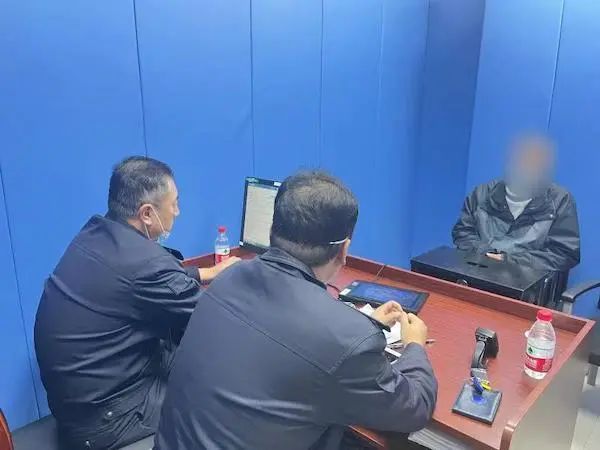
上海一男子賭球5年負(fù)債千萬 曾經(jīng)是500強(qiáng)中層領(lǐng)導(dǎo)
光明網(wǎng)2022-12-06 15:04:56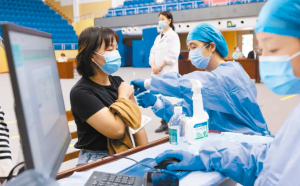
4款新冠疫苗新獲批 打加強(qiáng)針如何選 供應(yīng)啥就打啥
每經(jīng)網(wǎng)2022-12-06 15:46:25
美國政壇已達(dá)成一致 俄烏沖突或隨時(shí)結(jié)束
網(wǎng)易2022-12-06 10:17:32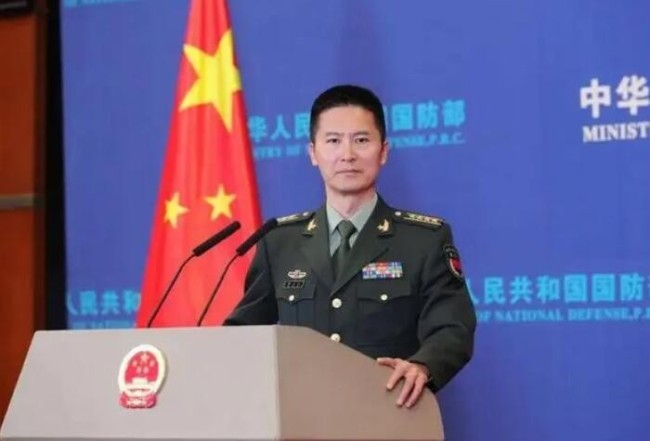
美無端臆測(cè)中國軍力發(fā)展 國防部駁斥 美國指手畫腳、妄加揣測(cè)
新京報(bào)2022-12-06 13:34:23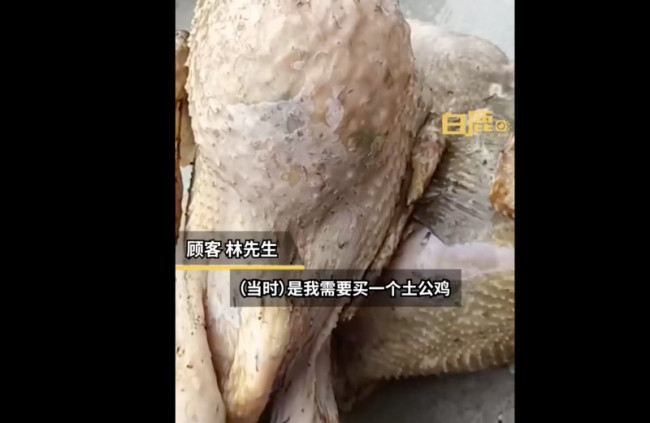
顧客買6斤半土雞胃里塞1斤多玉米 :雞胃都撐破了
2022-12-06 15:46:15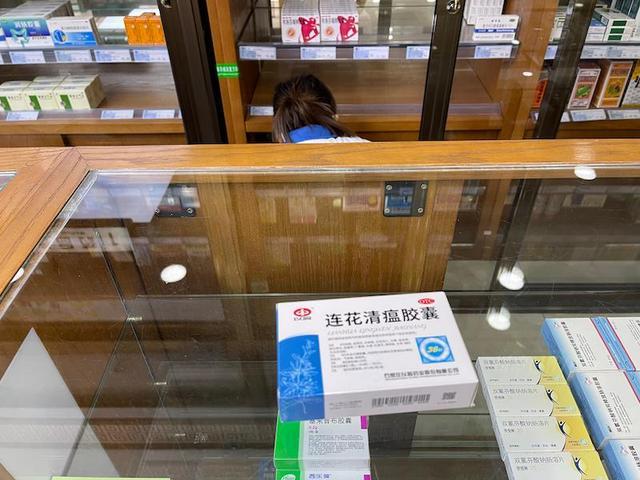
連花清瘟線上線下差價(jià)50元 專家呼吁不要盲目囤藥
第一財(cái)經(jīng)2022-12-06 14:55:12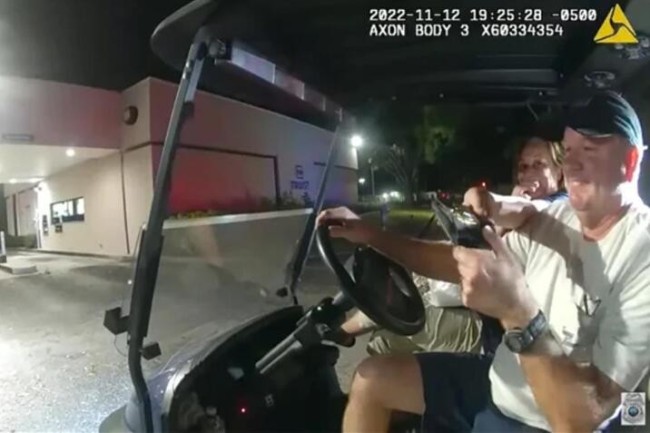
美國一警察局長坐丈夫的無牌車出行 被一名縣副警長拍下后她出示警徽求放過
極目新聞2022-12-06 14:04:31
個(gè)稅扣除新增3歲以下嬰幼兒照護(hù)項(xiàng)目
2022-12-06 15:49:05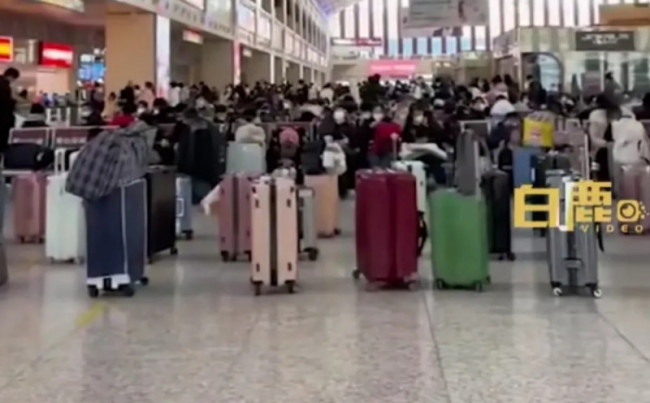
大學(xué)生火車站默契拿行李箱代排隊(duì):不用擔(dān)心插隊(duì)
2022-12-06 15:22:59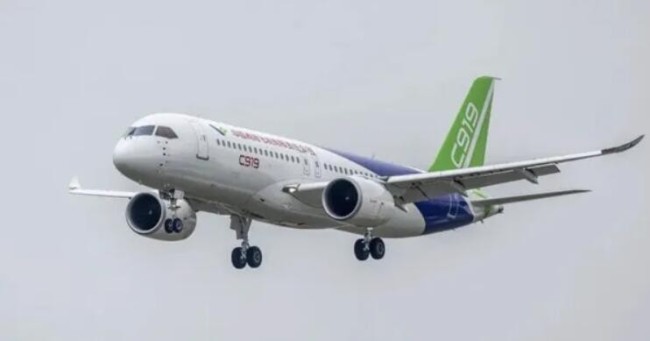
首架C919飛機(jī)即將交付東航 商業(yè)運(yùn)營倒計(jì)時(shí)
第一財(cái)經(jīng)2022-12-06 13:26:45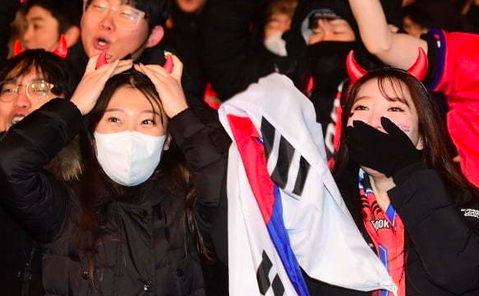
韓媒說韓國隊(duì)不用道歉,!主教練:辭去主教練未來未定
2022-12-06 16:04:30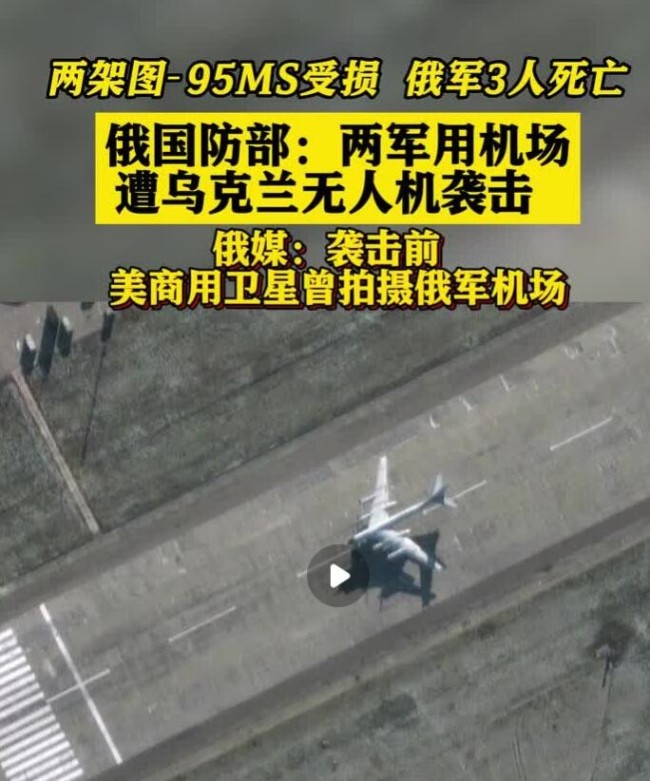
俄軍方確認(rèn)軍用機(jī)場(chǎng)遭襲3人死亡 兩架圖-95ms受損衛(wèi)星畫面曝光
看看新聞2022-12-06 13:57:35
普京延長不友好國家公民交易限制 命令延長至2023年
參考消息2022-12-06 14:09:57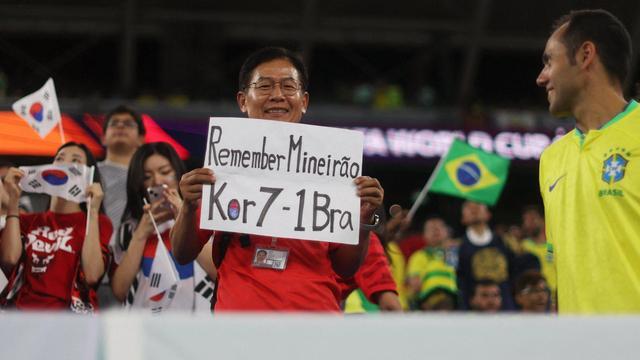
韓國球迷用7比1嘲諷巴西 成功激怒對(duì)手被啪啪打臉
2022-12-06 16:05:02
震驚世界的克里米亞大橋被炸事件后,,普京視察克里米亞大橋修復(fù)工作
環(huán)球網(wǎng)2022-12-06 10:26:54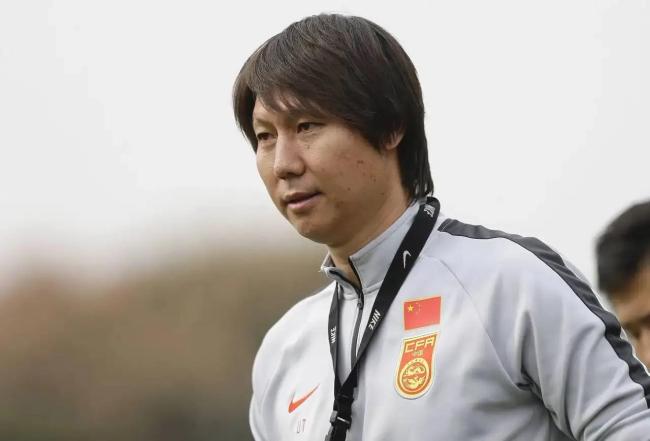
記者:李鐵案尚未牽扯足協(xié)工作人員
2022-12-06 15:50:47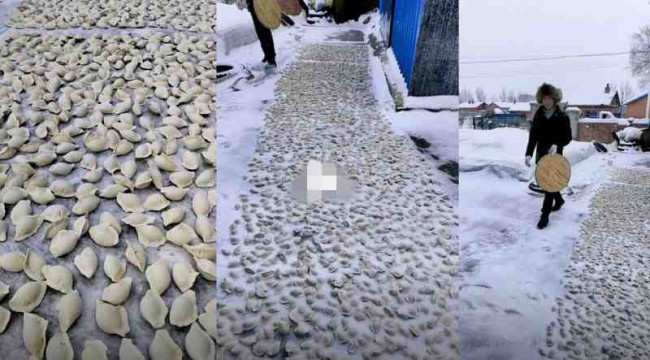
東北女子在院子地上鋪滿餃子:場(chǎng)面驚呆南方網(wǎng)友
2022-12-06 15:30:32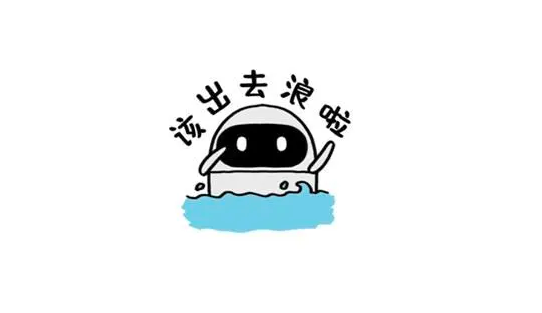
多地放寬限制機(jī)票火車票預(yù)訂量倍增 三亞機(jī)票酒店預(yù)訂暴漲3倍
2022-12-06 16:08:47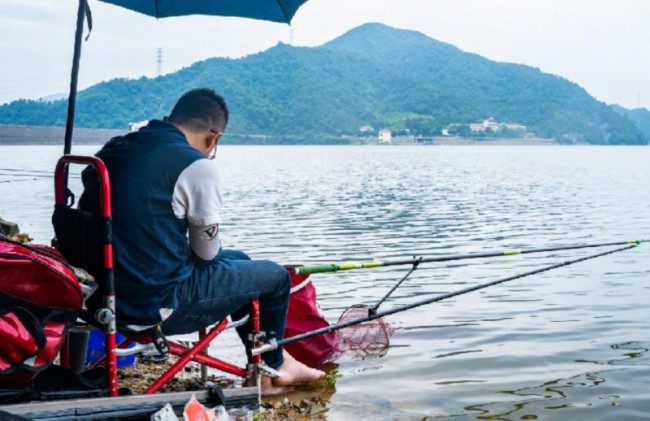
男子因釣魚離婚開庭時(shí)又因釣魚遲到:匆匆到庭同意離婚
2022-12-06 15:54:16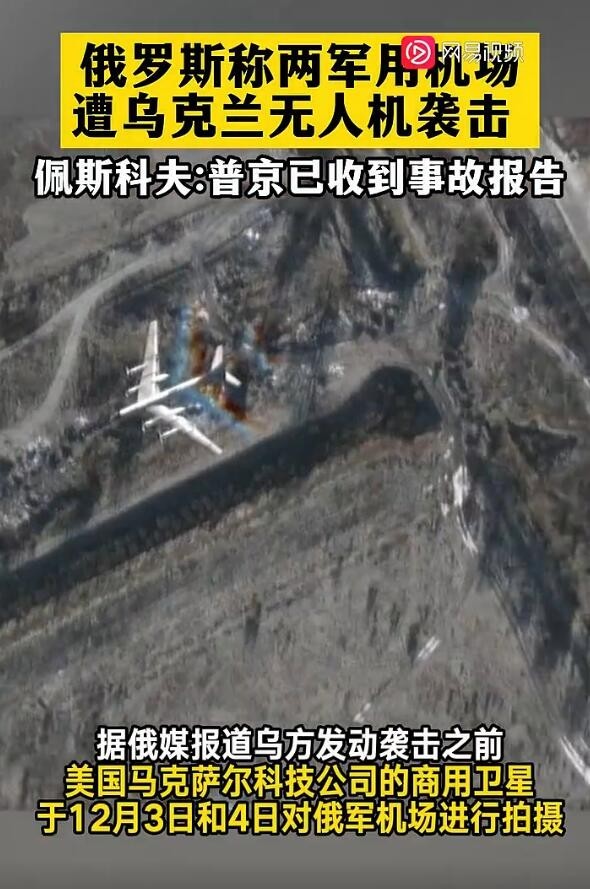
俄羅斯對(duì)烏克蘭發(fā)動(dòng)大規(guī)模導(dǎo)彈襲擊 俄軍艦隊(duì)轟炸機(jī)戰(zhàn)斗機(jī)同時(shí)開火!
參考消息2022-12-06 14:54:02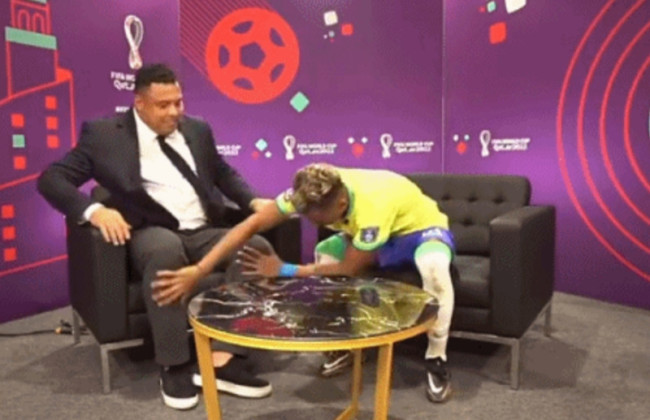
巴西球員輪流摸羅納爾多雙腿,!要繼續(xù)跳舞直到?jīng)Q賽
2022-12-06 15:16:31
佩洛西丈夫遇襲以來首次公開露面 她的丈夫正在“慢慢”恢復(fù)
海外網(wǎng)2022-12-06 13:32:20
推特前主管:馬斯克私下很不一樣,,掀起一波又一波輿論浪潮
2022-12-06 09:58:56
歐洲一塊大肥肉 德國將花費(fèi)100億歐元購買35架F-35
央視網(wǎng)2022-12-06 09:56:51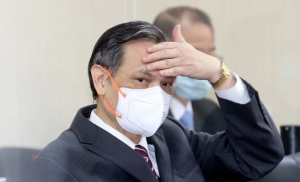
指導(dǎo)論文涉抄襲 陳明通被批應(yīng)下臺(tái),,且必須道歉
環(huán)球網(wǎng)2022-12-06 09:57:20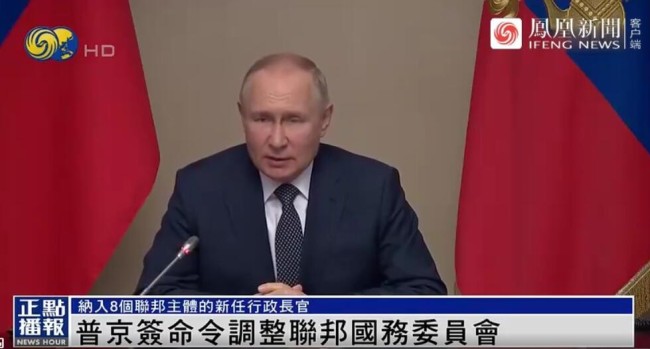
普京調(diào)整俄聯(lián)邦國務(wù)委員會(huì)成員組成 將俄羅斯8個(gè)聯(lián)邦主體的新任行政長官納入該機(jī)構(gòu)
中國新聞網(wǎng)2022-12-06 14:06:32
馬克龍:我從普京眼中看到了怨恨 一種對(duì)西方世界的怨恨 這種怨恨或許有下面幾個(gè)因素!
網(wǎng)易2022-12-06 10:22:01

